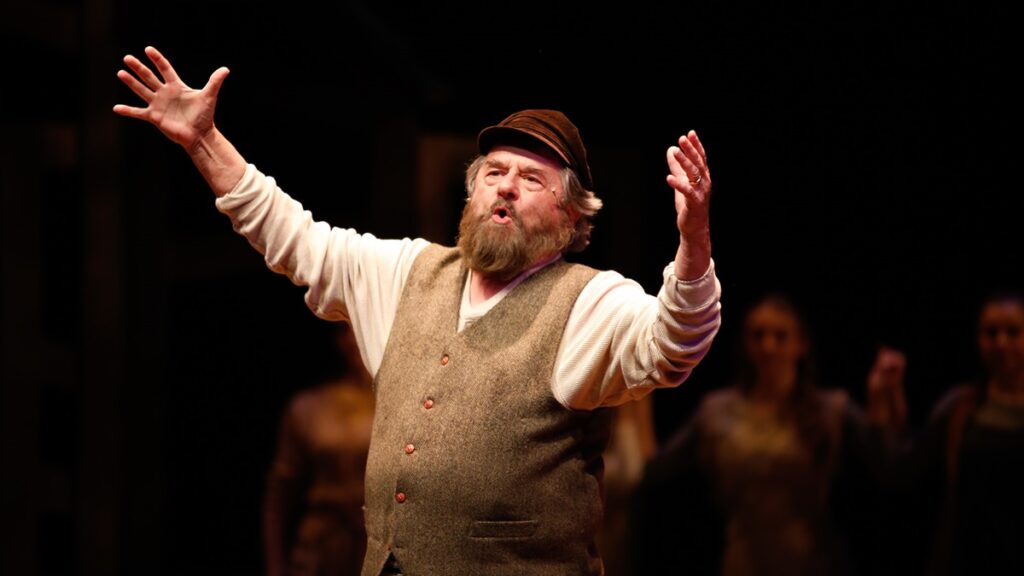
Sholem Aleichem’s tales of faith and parenthood remain powerful stories with relevance for raising children in our troubled age.

Nadya Williams’ work considers how secular influences have infiltrated Christianity since the beginning.
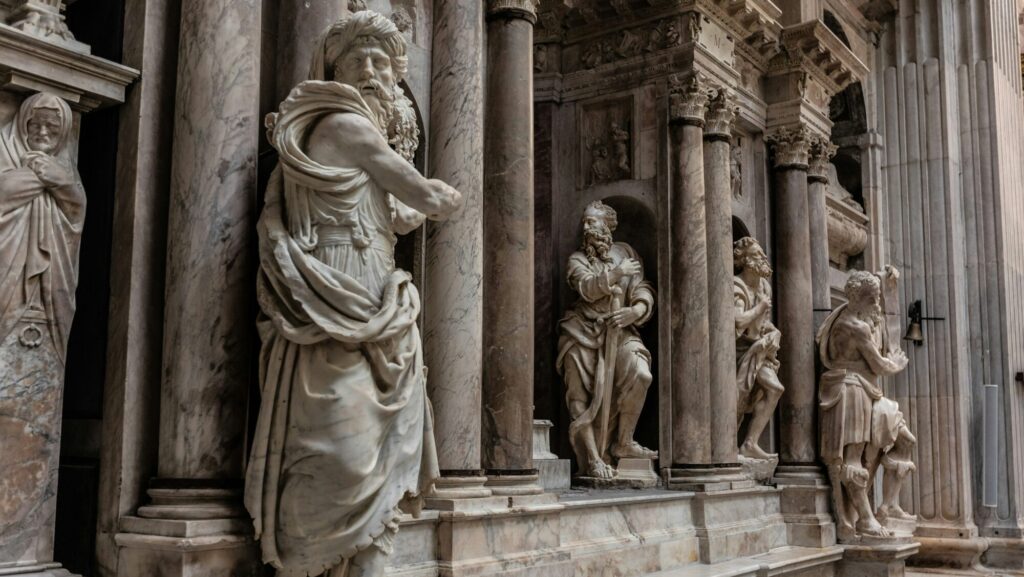
As long as there is a viewing public that can witness beauty, there will be a desire for tradition.
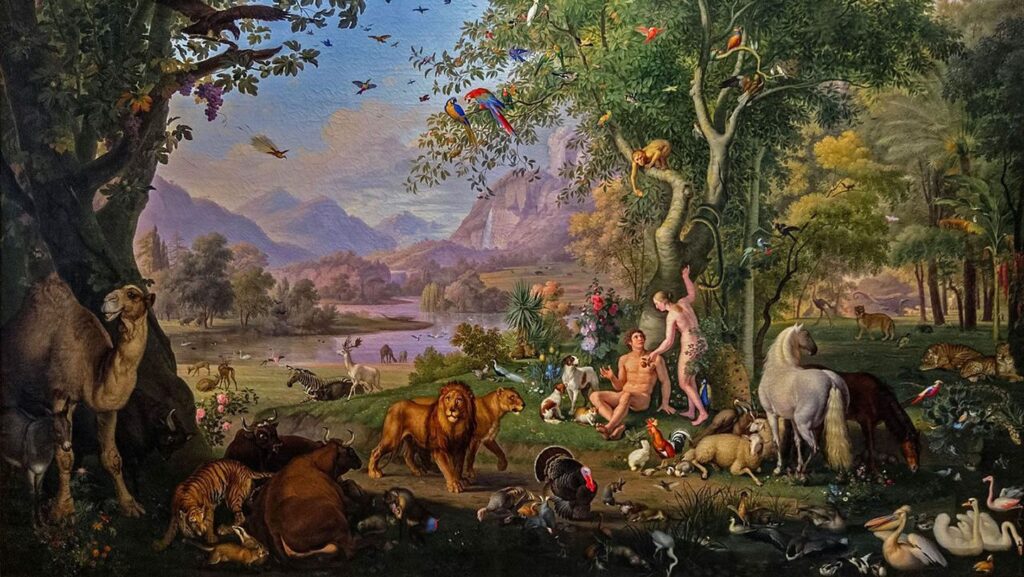
Christopher Villiers’ latest anthology of poems, Versing the Mystery, carries the gospel and its context from Eve in the Garden to the present day.
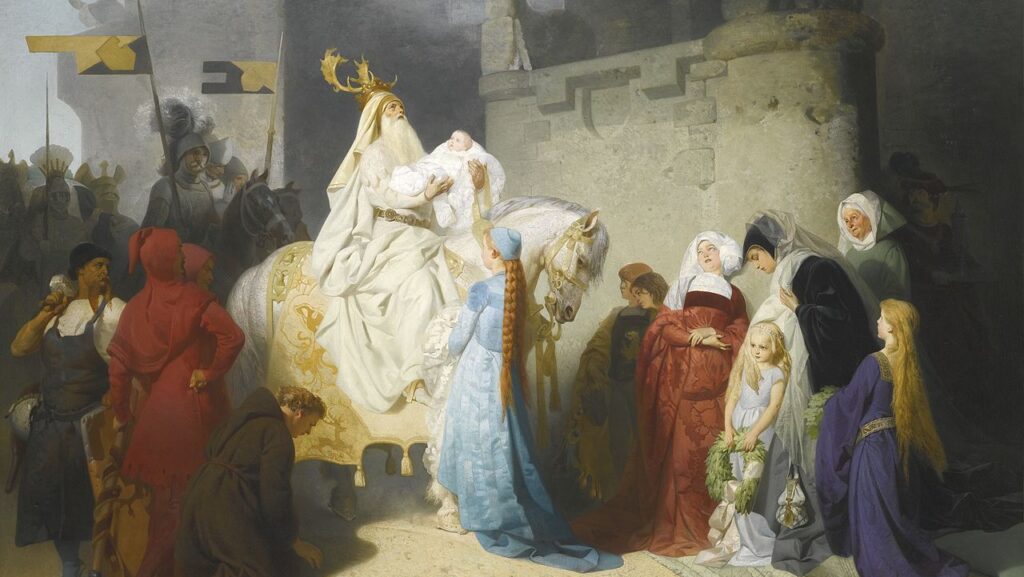
A new study supports the factual history of the once and future king.
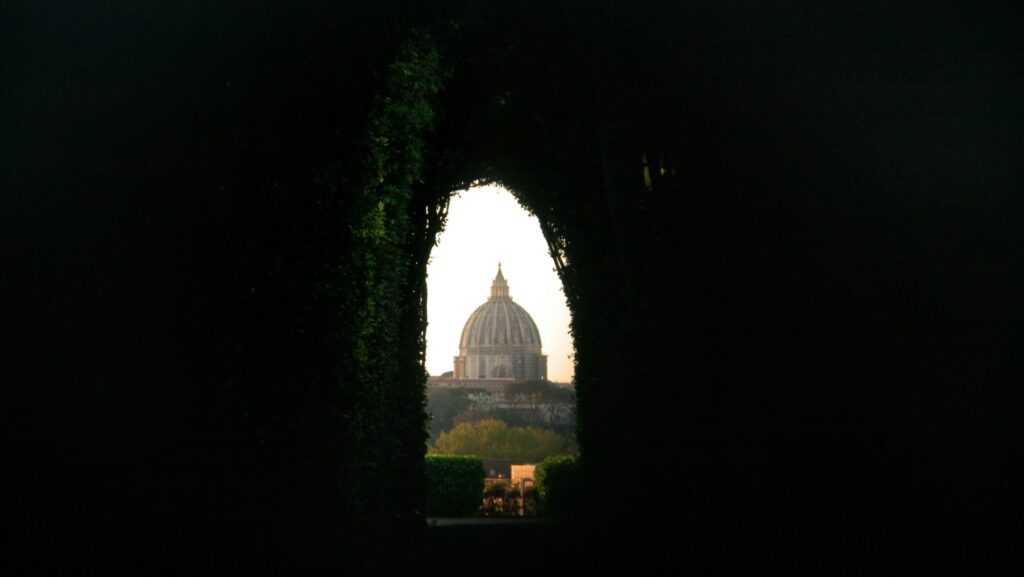
Europe can be understood only by those to whom Roma aeterna has revealed its secrets.

Conservatives still lionise the democratic form of government while failing to take seriously its obvious breakdown in practice.
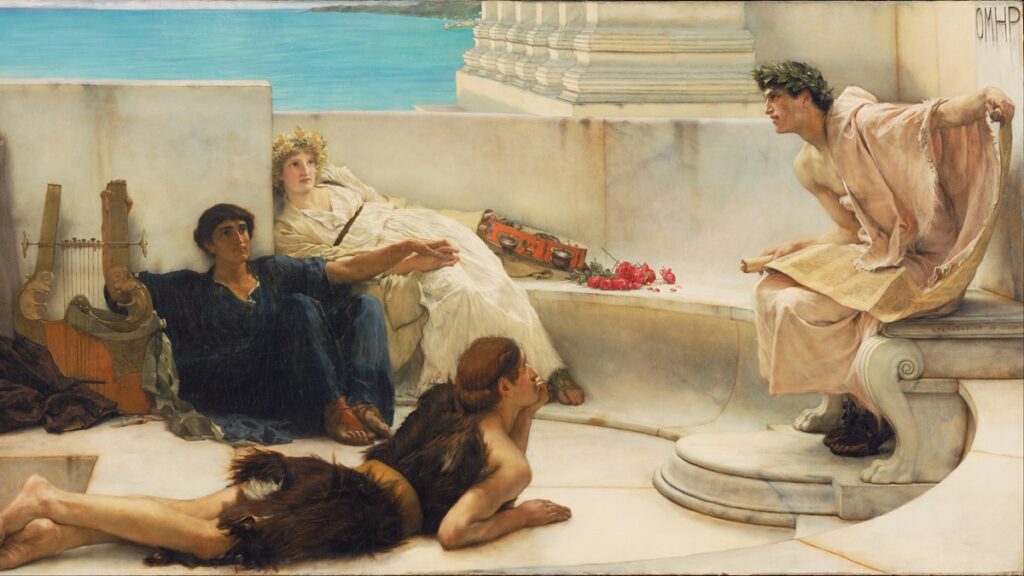
Richard Robinson published a collection bound up with a tradition of poetry and thought stretching from antiquity to the present.

Up From Conservatism gives scorching diagnostics of a stale conservatism—and offers some radical prescriptions.

James Matthew Wilson’s name and his verses should be familiar upon the lips of every literate reader of poetry
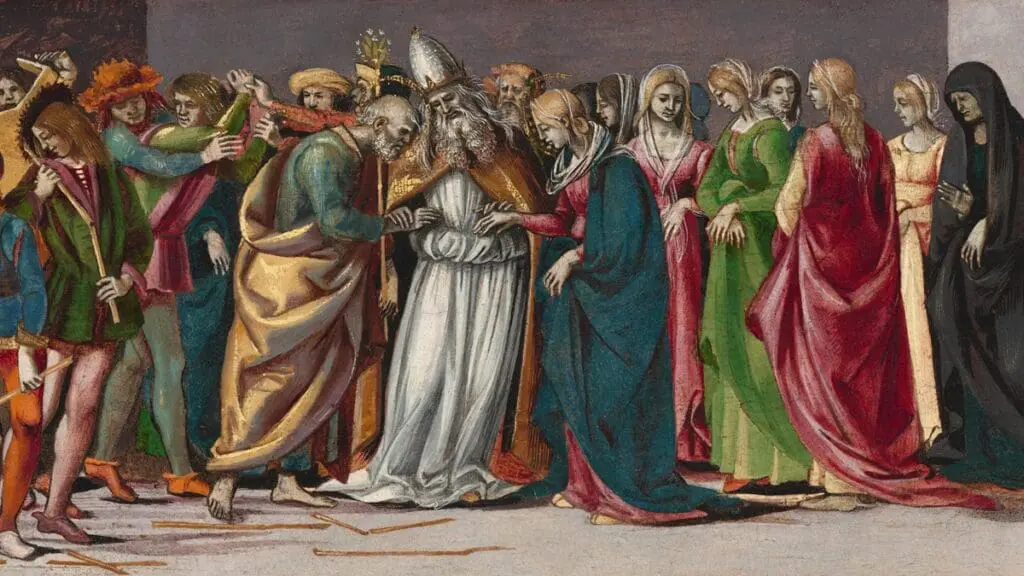
A relativistic approach to polarization, however seemingly tolerant, ultimately encourages us to disregard others and idolize ourselves.

In Shakespeare’s Journey Home, Julian Dutton seeks to discover something new about the playwright by walking in his shoes.

Holiness and Society is obviously an essential book for those who want to understand Jewish political thought, identity, or sociology.

House of Lilies is an immensely readable book that succeeds in being both entertaining and informative, despite covering four centuries of Capetian rule.
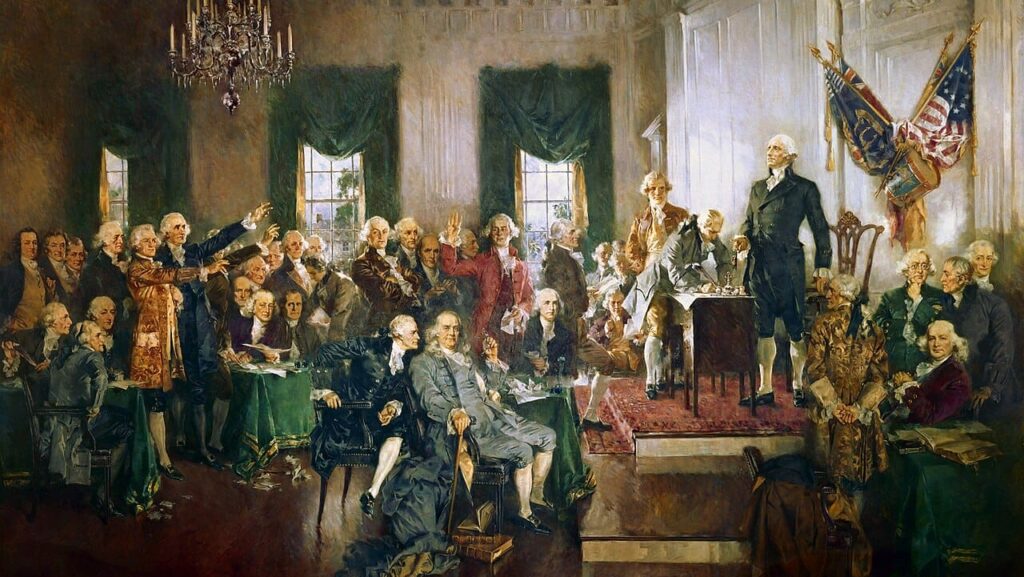
In Tradition and the Deliberative Turn, Ryan R. Holston warns that democracy cannot function well without tradition.
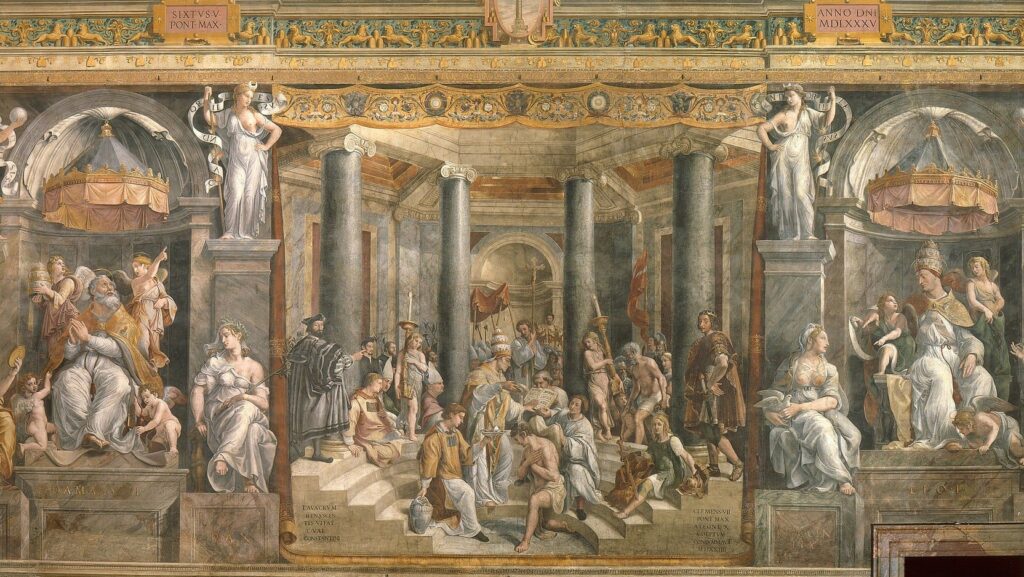
In Christ the Emperor, Smolin explains the complex relationship of 4th century theology and politics with exceptional facility.
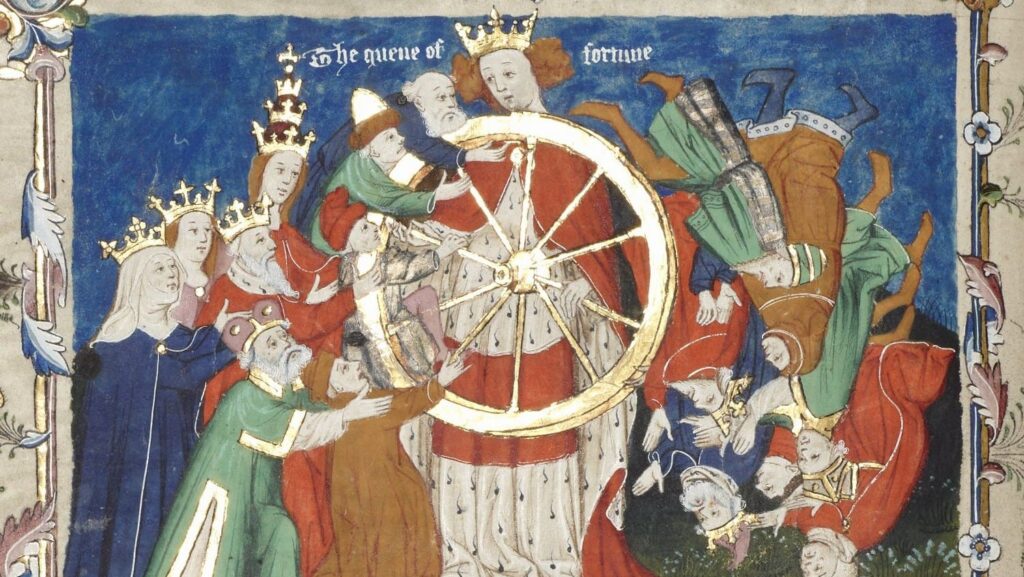
The Prophets of Doom provides fascinating portraits of thinkers who starkly contradict the progressive and globalist presuppositions of our time.
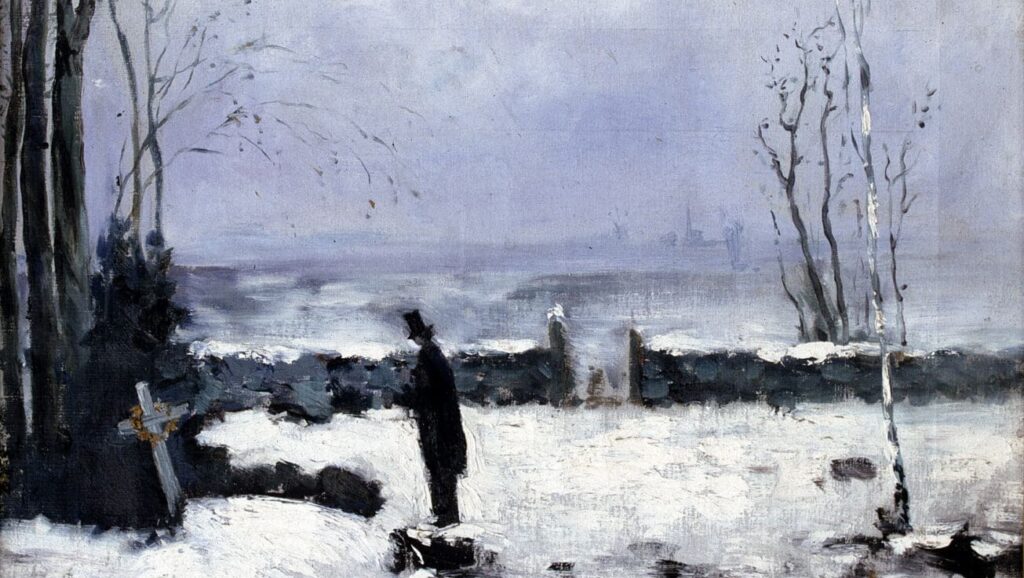
In Memory’s Abacus, Anna Lewis exposes the reader to the weightiest topics without burden.
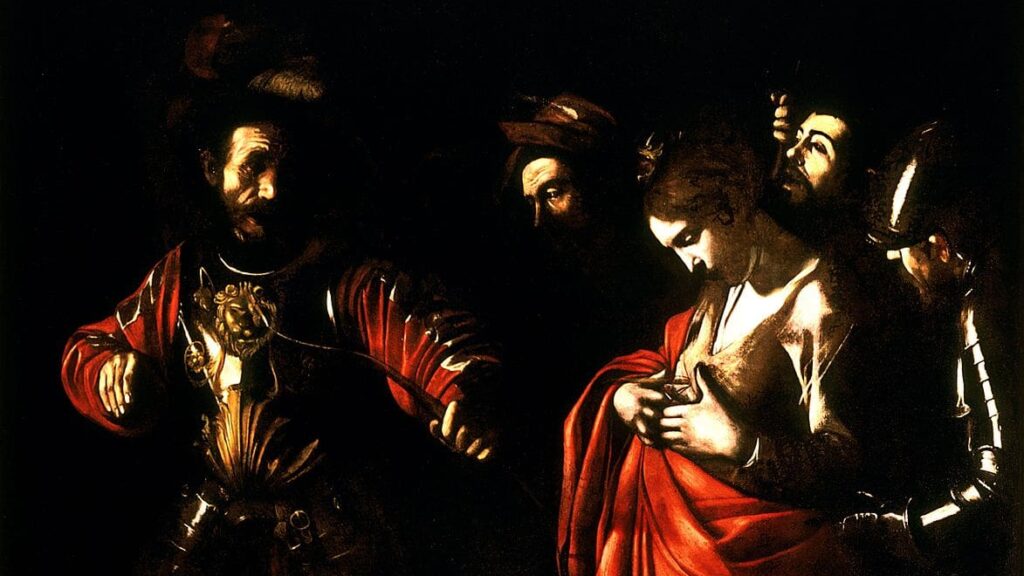
The National Gallery defies the historical relativism for which British galleries have become infamous.

In Hannah’s Children, Catherine Pakaluk argues that tinkering and technocracy won’t save the West from its demographic decline.

A key conclusion of Gaines’ new book is that much of the transgender movement is enabled by collective cowardice.